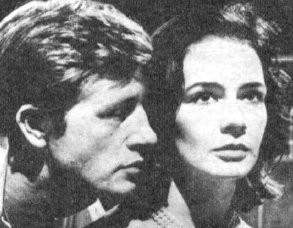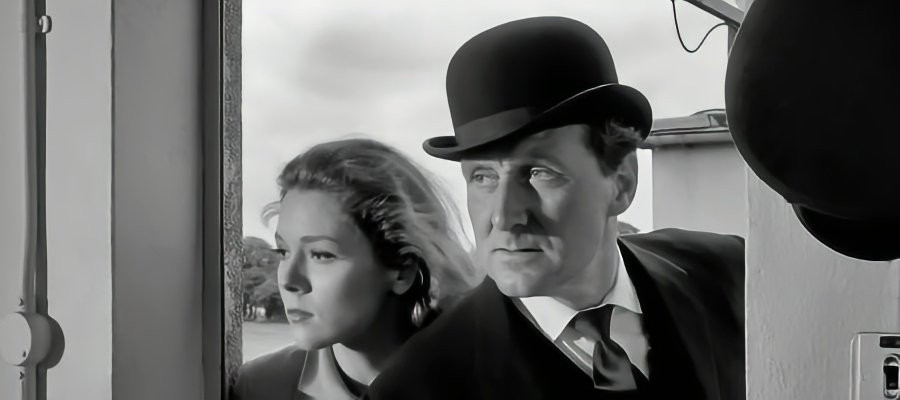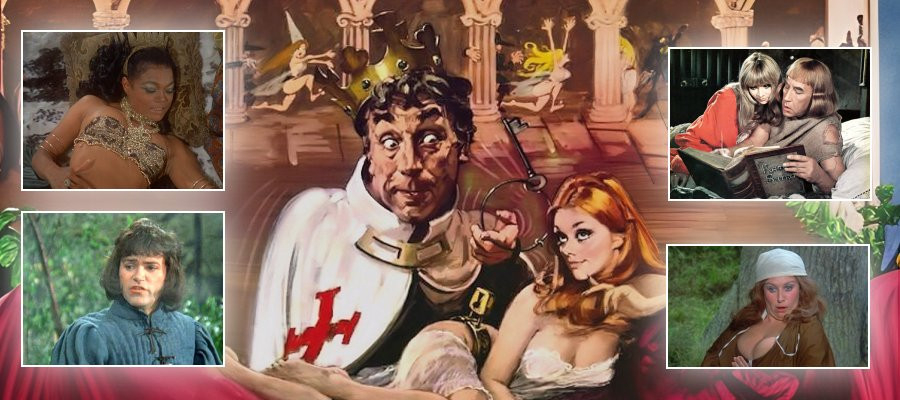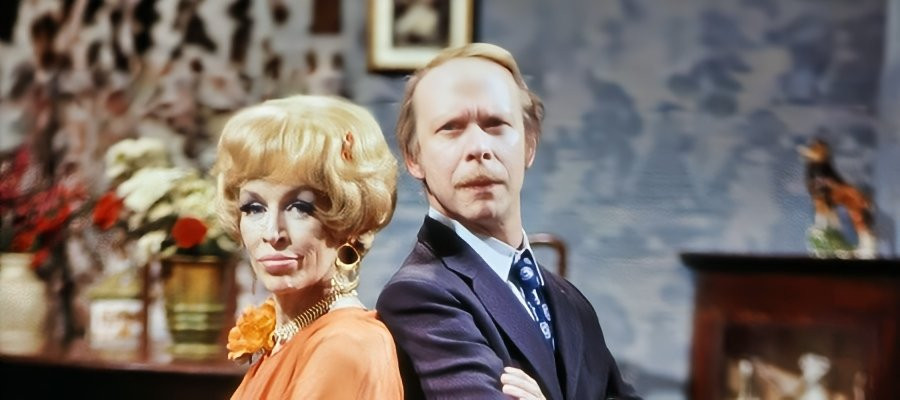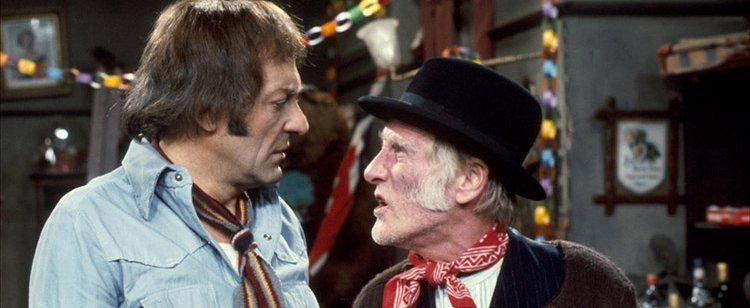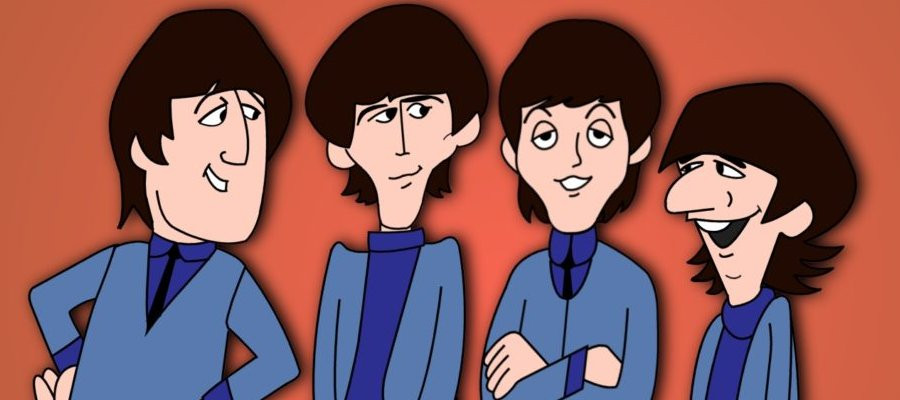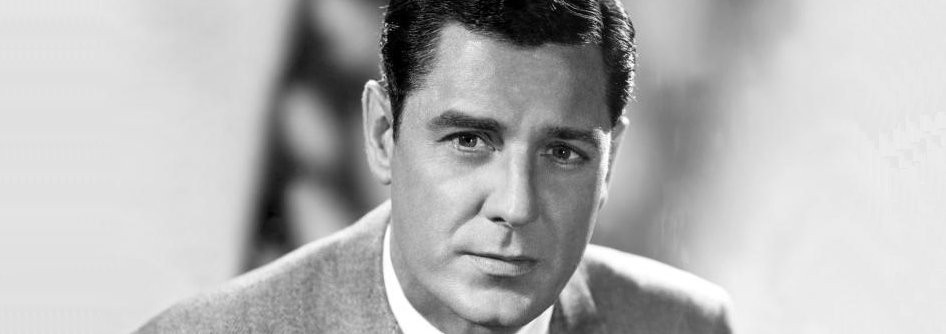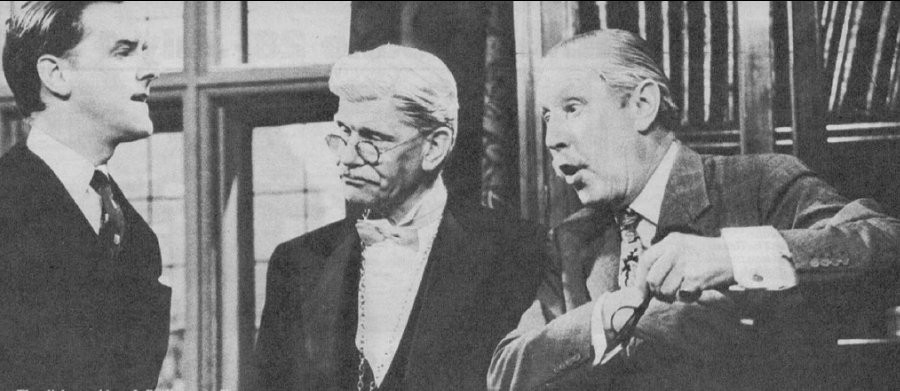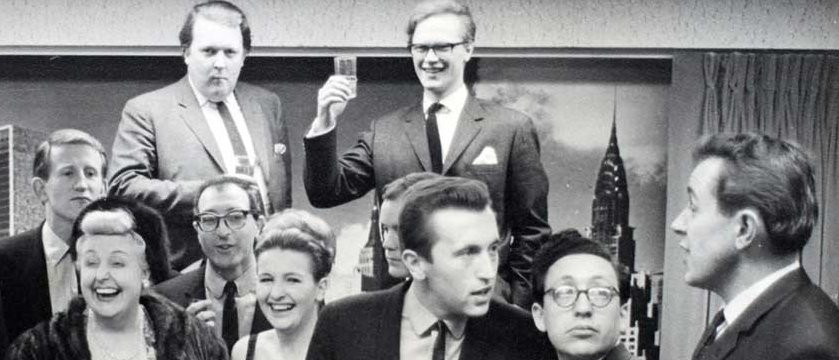
That Was The Week That Was
1962 - United KingdomGround breaking, hard hitting, biting satire that week by week examined the major news events of the past seven days and held them up to close public scrutiny and made them the objects fun and derision in a way that had previously been unheard of, or unseen on television.
It was the BBC's Director General Hugh Carlton Greene who, in 1962, decided to shake up the channel's news coverage. Greene, a former journalist, was keen that the BBC keep pace with the major social changes in 1960's Britain and in particular wanted to get rid of the stuffy image associated with the Corporation and bring it down from the ivory tower mentality it had adopted and not shaken off since its early Reithian days. He tasked Ned Sherrin with the job of devising, producing and directing the format for the new series. The series was to be produced by the News and Current Affairs Department within the BBC rather than Light Entertainment as it was felt that the former had more experience in dealing with political issues, and it was these that were to be held up to scrutiny more than any others.
When both Brian Redhead and John Bird declined to take the chair as host of the show, the opportunity fell to young Cambridge graduate David Frost. His calm unflappability on the live TW3 (as it became more commonly known) made him an instant hit with the studio and television audience alike. However, the show was not without its critics, although these were mainly from the accepted "establishment" who could not deal with such emotive subjects such as religion, sex and racism being spoken about in public, and on one occasion in particular the journalist Bernard Levin was attacked by a member of the studio audience, who had been unhappy with a comment made the previous week. The series even derided the Corporation's own sacred cows, one sketch on the popular light entertainment series The Black and White Minstrel Show was used to highlight racial attacks in America's Deep South, although the irony appears to have been lost on a majority of the viewers at the time. Sketches like this only went further to alienate the shows critics, however, the series had a staunch supporter from perhaps the most unexpected of places; 10 Downing Street, where the British Prime Minister, Harold Macmillan believed it was much better to be criticised than ignored. It was not an opinion that his colleagues shared. Reginald Bevins the then Postmaster General made moves promising to stop the programme, but rumour has it that Macmillan sent him a private memo which said 'Oh no you're not!'
It was not uncommon for editions of the show to overrun its allotted time slot, but as it was the last programme to be broadcast on a Saturday evening Sherrin decided that, as it was not delaying anything to follow, this was quite acceptable. The BBC shot back by scheduling late night repeats of the popular thriller series The Third Man but TW3 played its trump card by having David Frost read out a detailed synopsis of the episode about to be broadcast and the BBC very quickly pulled The Third Man from the schedule. Another innovation of TW3 was in its presentation, which for the first time on British television made visible the sets scaffolding, cameras moved in and out of shot and the cast often read from scripts in front of camera. The effect gave the show a very informal relaxed feel, in total contrast to anything else the BBC was putting out at that time.
A number of sketches featured on the show were written by the likes of Keith Waterhouse, Kenneth Tynan, Jack Rosenthal and Dennis Potter, whilst its successors BBC3 and The Frost Report would bring together future stars like John Cleese and the rest of the Monty Python team, as well as Ronnie's Barker and Corbett. TW3 also made household names of Willie Rushton, Roy Kinnear, Lance Percival, Kenneth Cope, Roy Hudd and Eleanor Bron. Millicent Martin would start the show each week with a musical rendition (normally written by Percival), of the week's news.
The only occasion when the series dropped its irreverence was on the edition broadcast on 23rd November 1963, the night after the assassination in Dallas, Texas of US President John F. Kennedy. The whole show, including a tribute song sung by Millicent Martin was later released on a soundtrack LP in the USA entitled 'The British Broadcasting Corporation's Tribute to John Fitzgerald Kennedy'. The show was successful enough for it to transfer across the Atlantic to the US where Frost was joined by co-hosts Alan Alda and Tom Bosley. Like the British version the show was no stranger to controversy. In 1964, with a General Election looming, the BBC panicked and, worried that the series and therefore the broadcaster itself would be accused trying to influence voters; they cancelled the series. David Frost bought the final show to a close by telling viewers, "that was That Was The Week That Was, that was."
Seen this show? How do you rate it?
Seen this show? How do you rate it?
Published on February 6th, 2019. Written by Laurence Marcus (5th February 2007) for Television Heaven.


